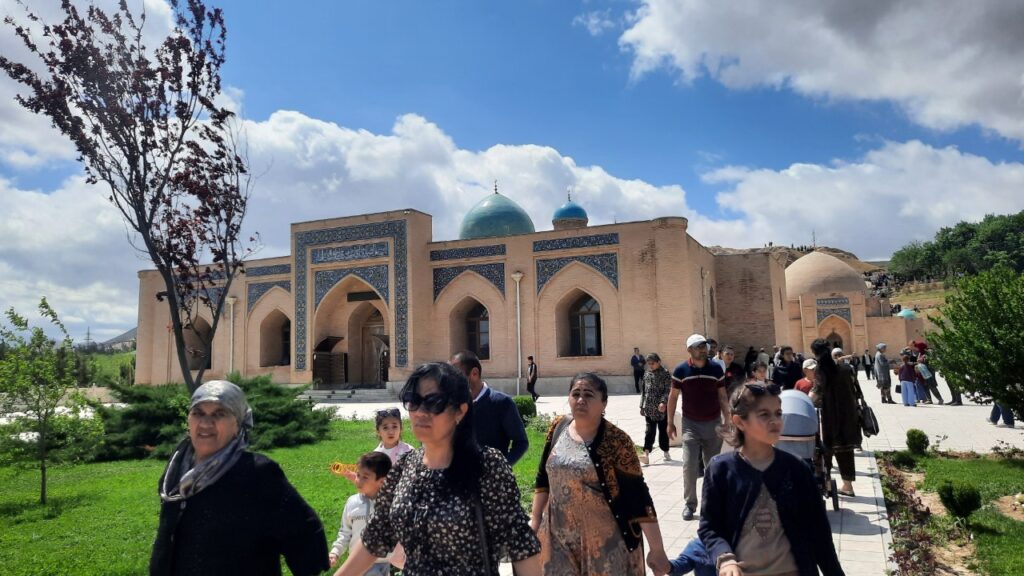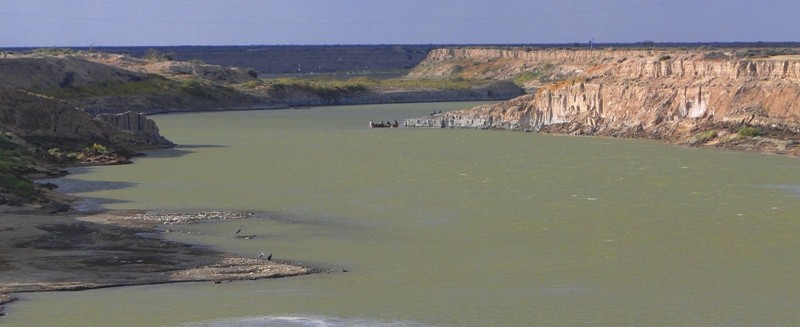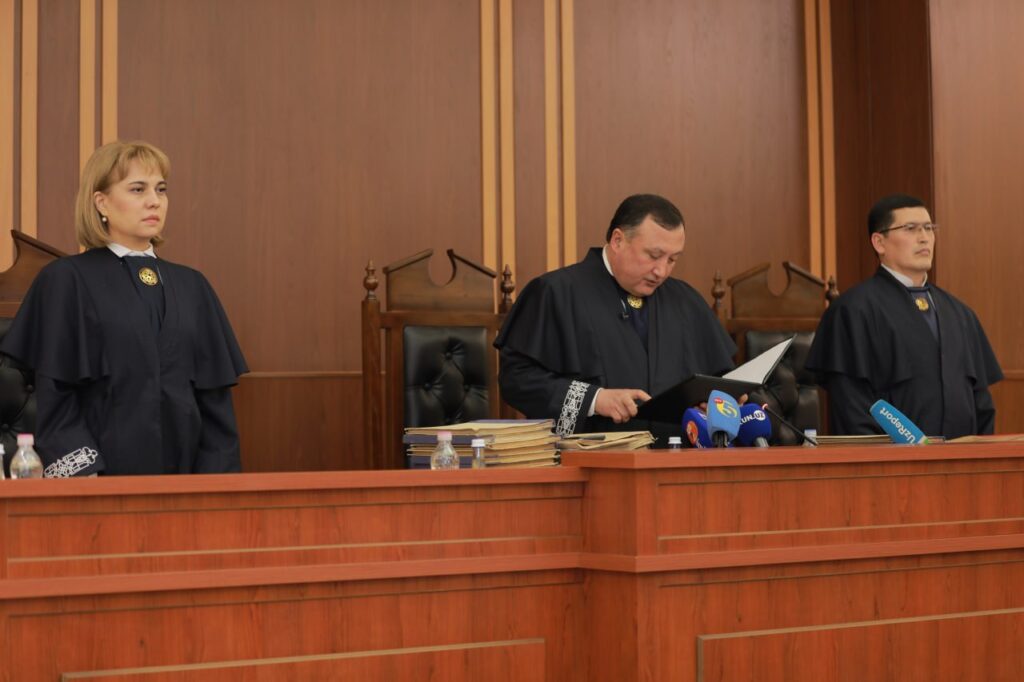Uzbekistan: Bukhara Administration Denies Relocation of “Eternal Bukhara”
Previously, The Times of Central Asia reported in an article titled "Land Cleared for Tourism next to Old Bukhara; UNESCO Urges Pause" that the construction of "Eternal Bukhara," a tourist facility in the Bukhara region of Uzbekistan, had sparked protests from locals and UNESCO alike. Recently, rumors spread on social media claiming that the "Eternal Bukhara" project is proceeding on the city's outskirts despite public objections. However, the Bukhara city administration has now provided official information to clarify the situation. According to the regional administration, these reports are false. They assert that the construction of the cultural ethnographic park "Eternal Bukhara" is progressing systematically. Most of the old and dilapidated buildings in the area have been dismantled, and the construction site is now 90% ready. Additionally, the Bukhara regional administration have stated that previous dismantling work was completed without affecting the population or surrounding structures, whilst adhering to technical safety regulations. Nearly 70% of the work has reportedly already been completed. The administration also noted that the project documents for "Eternal Bukhara" are being finalized in collaboration with renowned historians, scientists, cultural heritage experts, and international project organizations.






